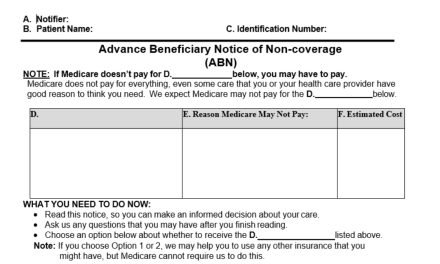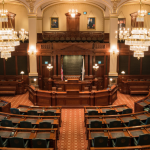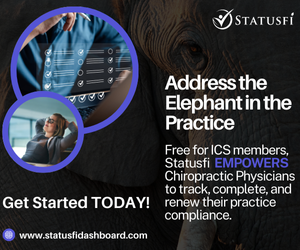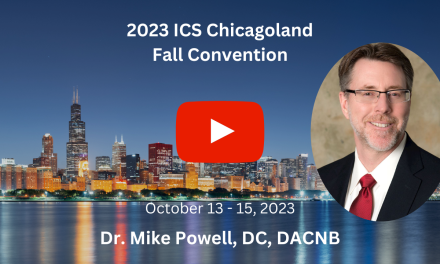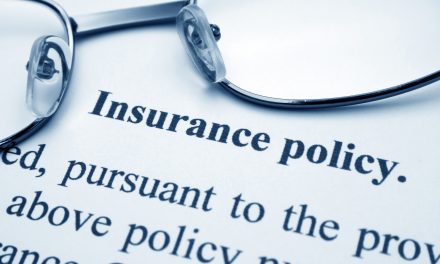
New IDFPR Rule Allows Formal Hearings by Video or Teleconference
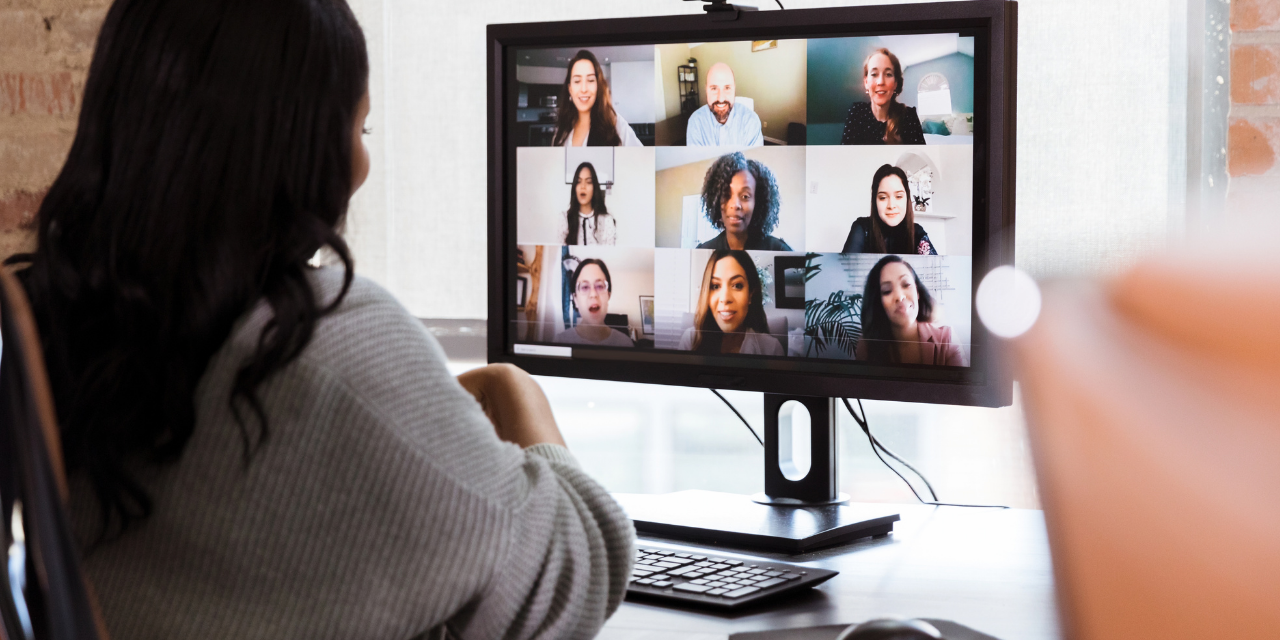
The Illinois Department of Financial and Professional Regulation (IDFPR) recently adopted a rule that authorizes remote formal hearings by video or telephone. The rule applies to hearings on formal IDFPR Complaints to discipline or refuse to renew a license, or when an applicant requests a formal hearing to contest an application denial. (Note: a “Complaint” in this rule means a formal, written, public document filed by the IDFPR setting out allegations that the IDFPR intends to prove at a hearing to discipline a license. This is distinguished from the initial “complaint” that is filed with the IDFPR and opens the case.) The proceedings covered by the new rule are all official, public hearings that take place after the investigation phase of the case and after settlement attempts have failed.
Prior to the new rule, the Department had conducted all post-Complaint preliminary hearings, status hearings, and formal hearings as in-person proceedings. The Department filed the new rule to handle its hearing caseload immediately during the COVID-19 pandemic, and the agency intends to maintain remote proceedings permanently as a continuing option for the convenience of the parties and the Department.
The proposed rule only refers to formal proceedings, and not to informal conferences, because parties may already agree to conduct these types of pre-hearing proceedings by telephone. The Department is currently holding informal conferences by telephone. Most IDFPR license cases are resolved during this phase. However, for cases that move to formal hearing, the rule will allow them to proceed during the pandemic.
Additionally, after the pandemic, allowing remote hearings can save costly and time-consuming travel for licensees, experts, and other witnesses who would otherwise have to appear at the IDFPR Chicago office where hearings are held. Benefits are obvious for both brief preliminary hearings (avoiding travel for a required five-minute appearance), as well as for extended hearings that might require overnight hotel stays. The rule is designed to streamline the hearing process for both the IDFPR and its licensees, both now and beyond the pandemic.


